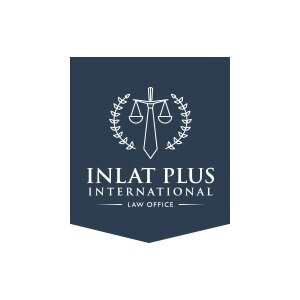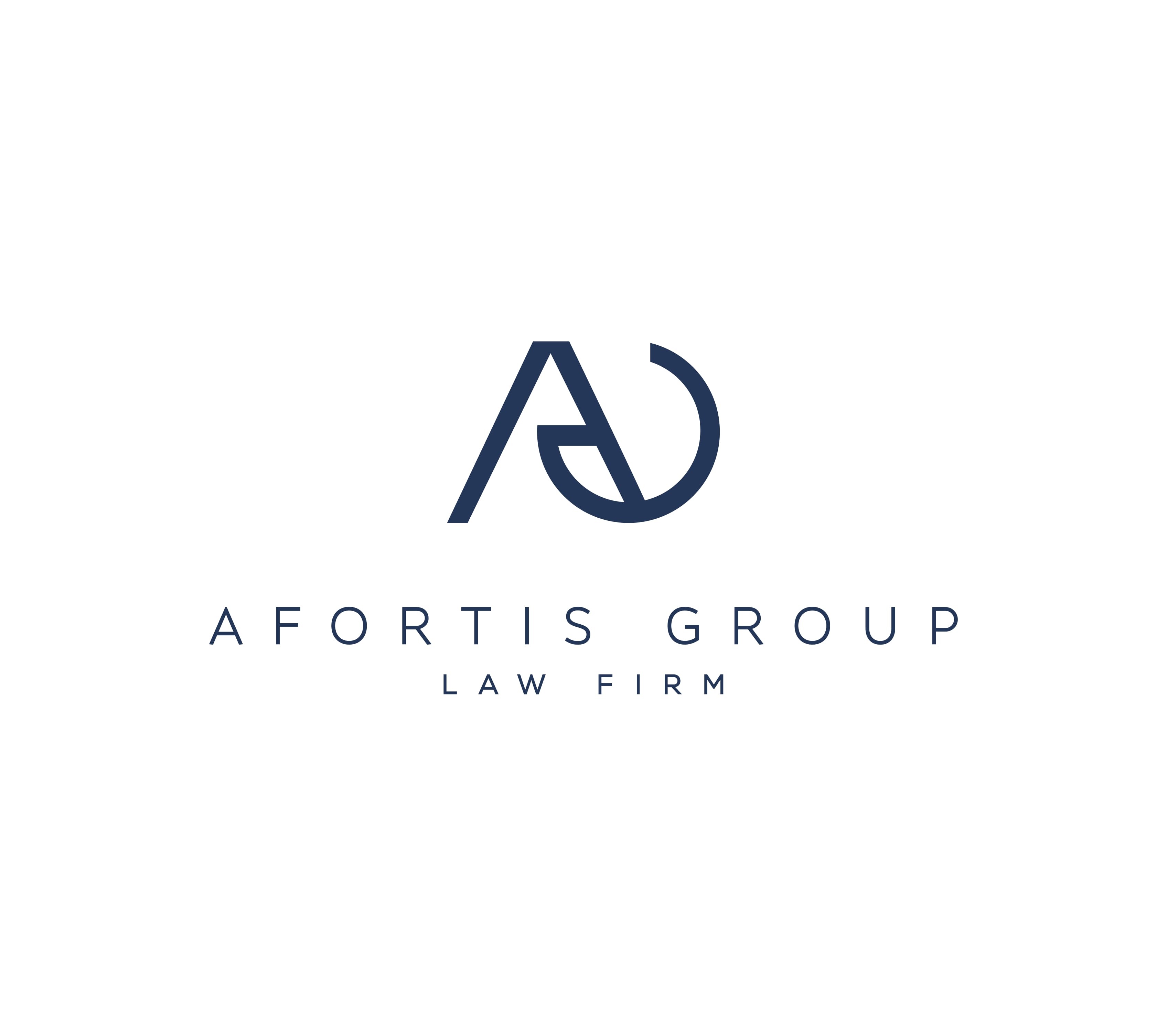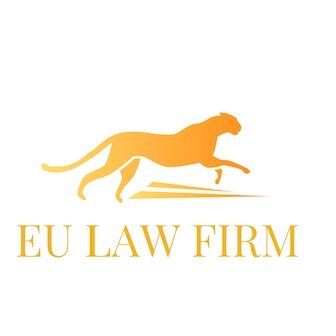Best Citizenship Lawyers in Latvia
Share your needs with us, get contacted by law firms.
Free. Takes 2 min.
Or refine your search by selecting a city:
List of the best lawyers in Latvia
About Citizenship Law in Latvia
Latvia's citizenship law is primarily governed by the Citizenship Law of 1994, which sets forth the requirements and procedures for obtaining, losing, and restoring Latvian citizenship. Citizenship can be obtained by birth, naturalization, or through special procedures such as recognition as a citizen based on permanent legal residence prior to the country's independence. Latvia also recognizes dual citizenship with certain countries under specific conditions. The legislation is periodically amended to align with international norms and national interests.
Why You May Need a Lawyer
There are several circumstances where individuals may seek legal assistance regarding Latvian citizenship. Common situations include:
- Eligibility for naturalization: Determining if you meet the residency criteria and other requirements for obtaining citizenship through naturalization.
- Dual citizenship: Navigating the complexities of maintaining dual nationality, especially as it pertains to Latvia's specific conditions.
- Residency verification: Proving continuous legal residence in Latvia, which is often necessary for naturalization.
- Citizenship application process: Ensuring the application for citizenship is correctly completed and submitted, including necessary documentation.
- Appeals and denials: Legal representation in cases where a citizenship application has been denied.
Local Laws Overview
Understanding the key elements of Latvian Citizenship Law is crucial for navigating the citizenship process. Vital aspects include:
- By Descent: Children born to Latvian citizens automatically acquire citizenship, regardless of place of birth.
- Naturalization: Applicants must meet residency requirements, demonstrate knowledge of the Latvian language and history, and swear loyalty to the Republic of Latvia.
- Dual Citizenship: Available under specific conditions, including citizenship in a country with which Latvia has a bilateral agreement.
- Forfeiture: Latvian citizenship can be revoked if acquired through fraudulent means or if a person voluntarily acquires another citizenship.
- Restoration: Available for former Latvian citizens who lost their nationality or descendants of Latvian exiles.
Frequently Asked Questions
What is the basic requirement for Latvian citizenship through naturalization?
The applicant must have been a permanent resident in Latvia for at least five years, demonstrate proficiency in the Latvian language, and pass tests on the country’s history and the national anthem.
Can I hold dual citizenship if I become a citizen of Latvia?
Yes, but under specific conditions. Latvia allows dual citizenship with EU, NATO, EFTA, and certain other countries. Also, it is permitted for individuals who were exiled or their descendants.
Is it possible for a minor to obtain Latvian citizenship?
Yes, a minor can obtain citizenship through birthright if one or both parents are Latvian citizens, or through naturalization if they meet the requirements.
What is the procedure for renouncing Latvian citizenship?
An individual may renounce their Latvian citizenship provided they have another nationality or are assured to acquire it. The process involves submitting a formal request to Latvian authorities.
How does one regain Latvian citizenship?
Regaining citizenship is possible if it was lost involuntarily or under circumstances that the Latvian government allows regrets, particularly for exiles and their descendants.
Is a language test mandatory for all applicants?
Yes, except for persons over 65 years, individuals with disabilities, and certain other special cases. Proof of Latvian language proficiency is a must for naturalization.
What are the common reasons for denial of a citizenship application?
Common reasons include insufficient residency duration, failure to pass the required tests, or incomplete documentation.
Can I appeal a decision regarding my citizenship application?
Yes, decisions can be contested. It is advisable to seek legal counsel to navigate the appeal process effectively.
Is there a fee for applying for Latvian citizenship?
Yes, applicants are typically required to pay a fee when submitting their application for citizenship. The fee may vary based on the process and personal circumstances.
What documentation is necessary for applying for Latvian citizenship?
Documentation generally includes proof of residence, identity documents, proof of financial stability, language proficiency certificate, and other personal records.
Additional Resources
For more information, individuals might consider contacting the following:
- The Office of Citizenship and Migration Affairs - oversees citizenship applications and procedures.
- Latvian diplomatic missions - offer guidance for overseas applicants and consular services.
- Legal aid services - provide assistance in understanding and navigating legal requirements.
Next Steps
If you find yourself in need of legal assistance regarding Latvian citizenship, consider taking the following steps:
- Consult with a lawyer specializing in immigration and citizenship law in Latvia. They can provide personalized guidance based on your unique circumstances.
- Gather all necessary documents relevant to your case and have them reviewed by a professional.
- Contact local legal aid organizations that may offer services or advice for navigating the citizenship process.
- Prepare any necessary evidence or testimonials needed to support your application or appeal.
Approaching the process equipped with the right knowledge and expert advice can significantly enhance your chances of a successful outcome.
Lawzana helps you find the best lawyers and law firms in Latvia through a curated and pre-screened list of qualified legal professionals. Our platform offers rankings and detailed profiles of attorneys and law firms, allowing you to compare based on practice areas, including Citizenship, experience, and client feedback.
Each profile includes a description of the firm's areas of practice, client reviews, team members and partners, year of establishment, spoken languages, office locations, contact information, social media presence, and any published articles or resources. Most firms on our platform speak English and are experienced in both local and international legal matters.
Get a quote from top-rated law firms in Latvia — quickly, securely, and without unnecessary hassle.
Disclaimer:
The information provided on this page is for general informational purposes only and does not constitute legal advice. While we strive to ensure the accuracy and relevance of the content, legal information may change over time, and interpretations of the law can vary. You should always consult with a qualified legal professional for advice specific to your situation.
We disclaim all liability for actions taken or not taken based on the content of this page. If you believe any information is incorrect or outdated, please contact us, and we will review and update it where appropriate.
Browse citizenship law firms by city in Latvia
Refine your search by selecting a city.














